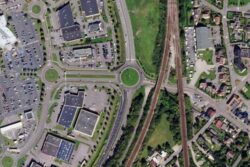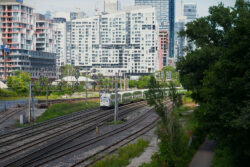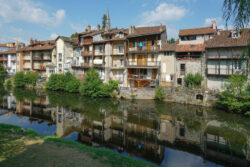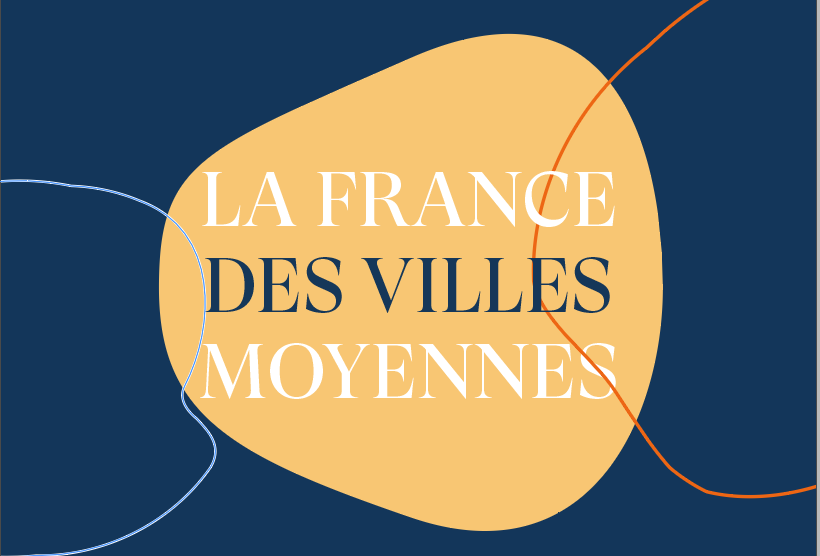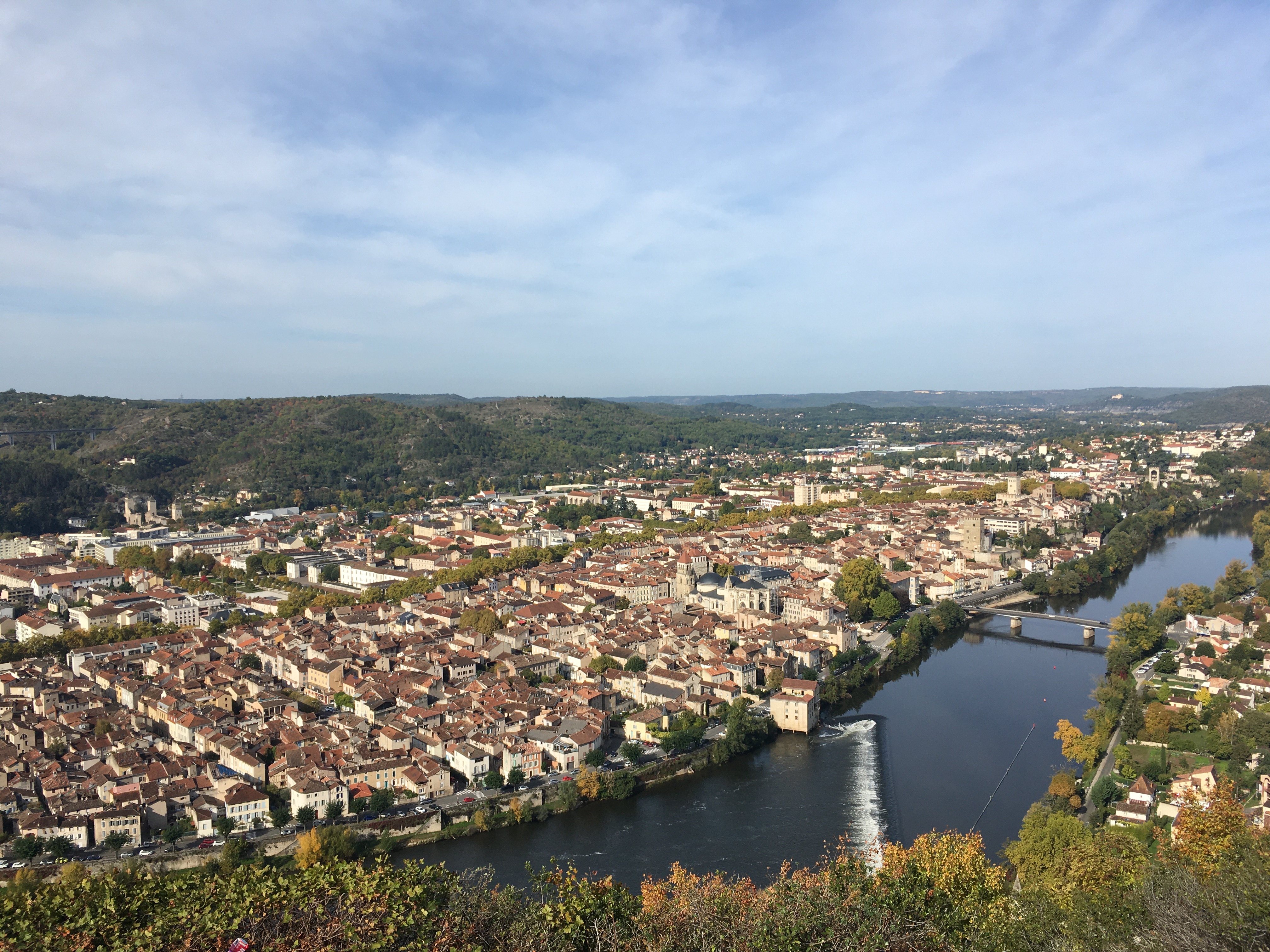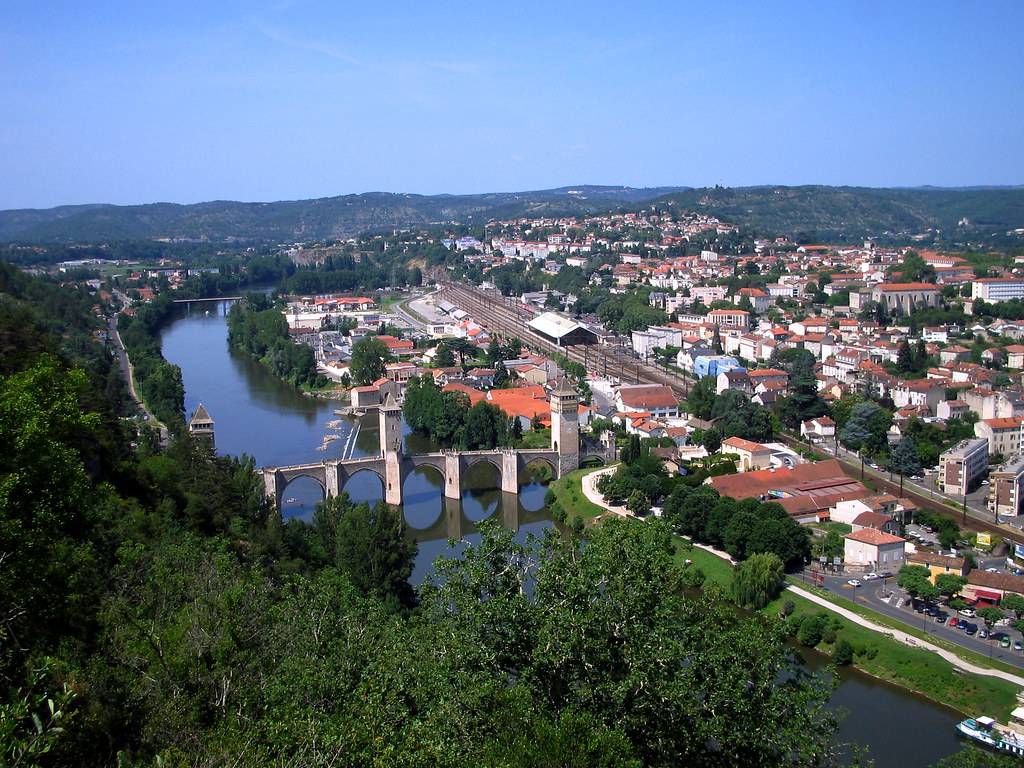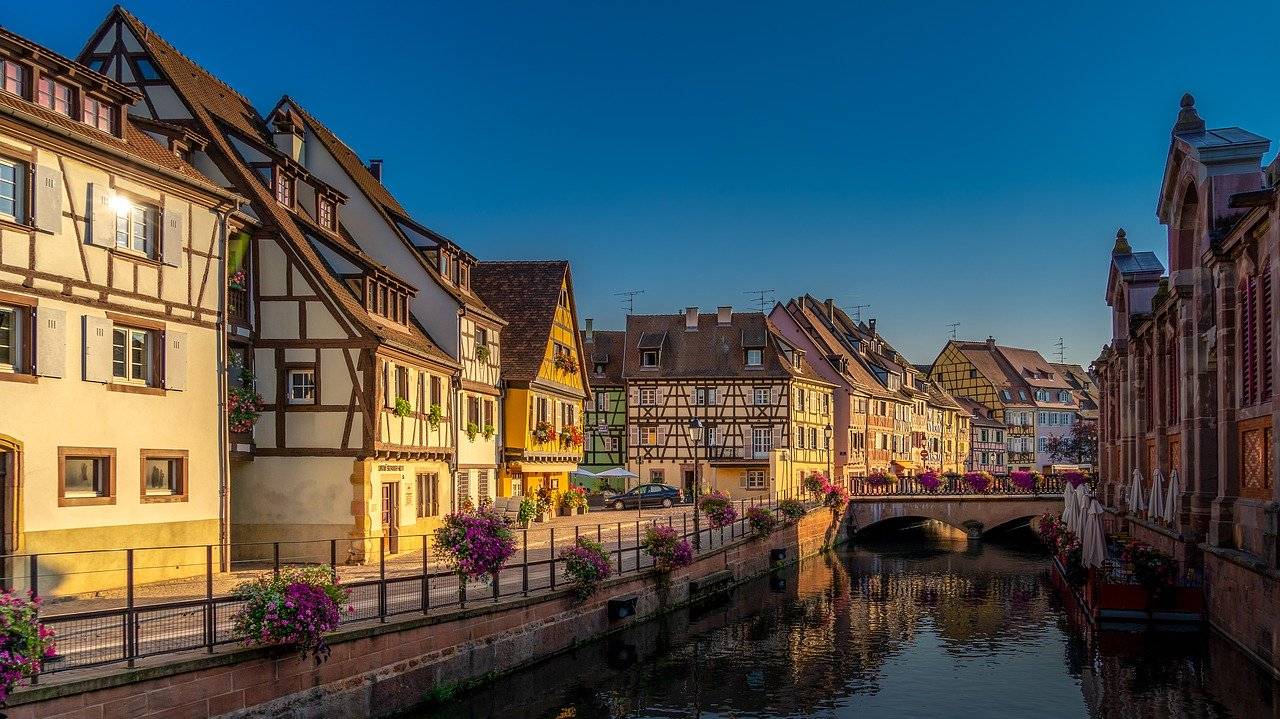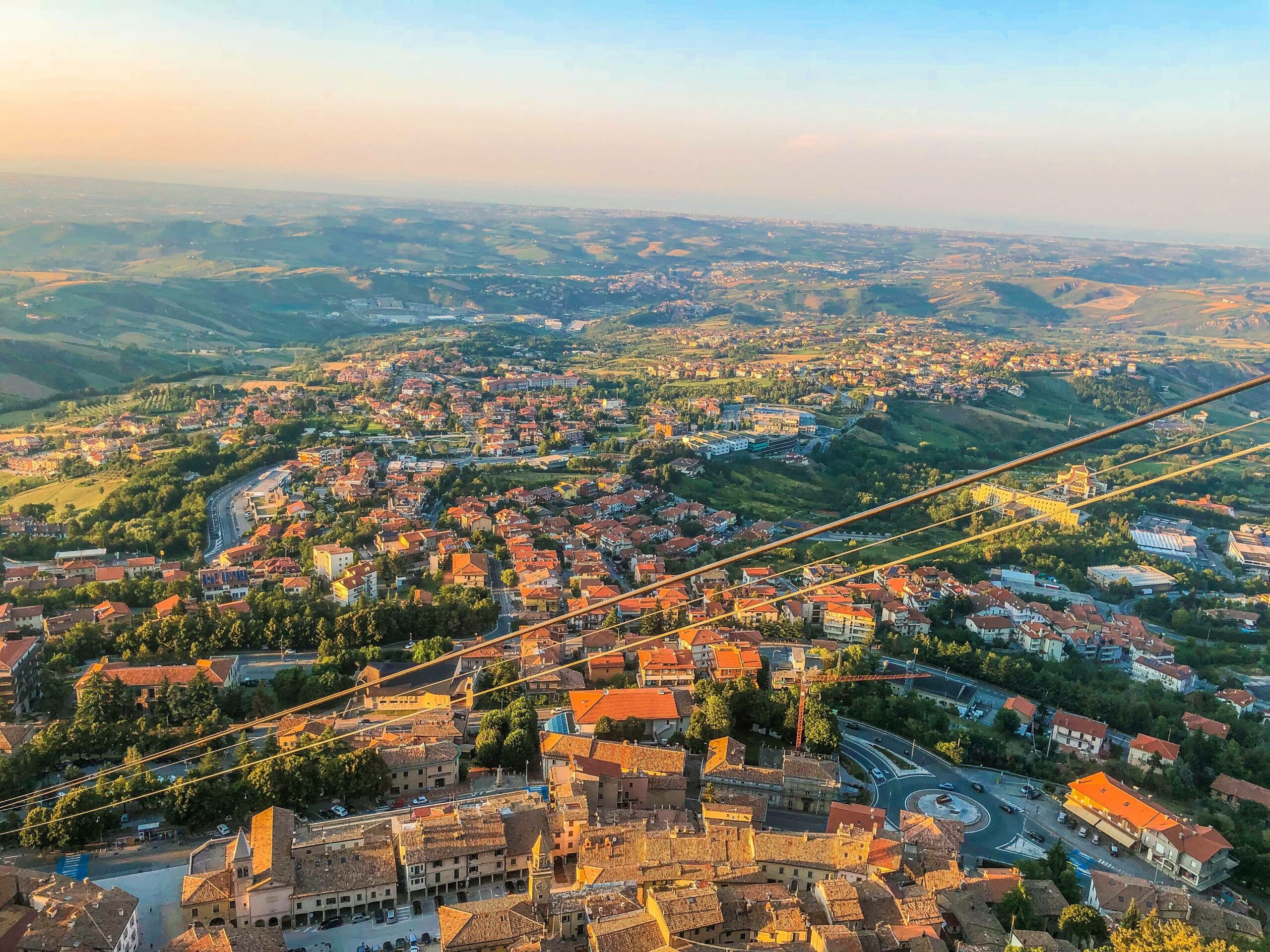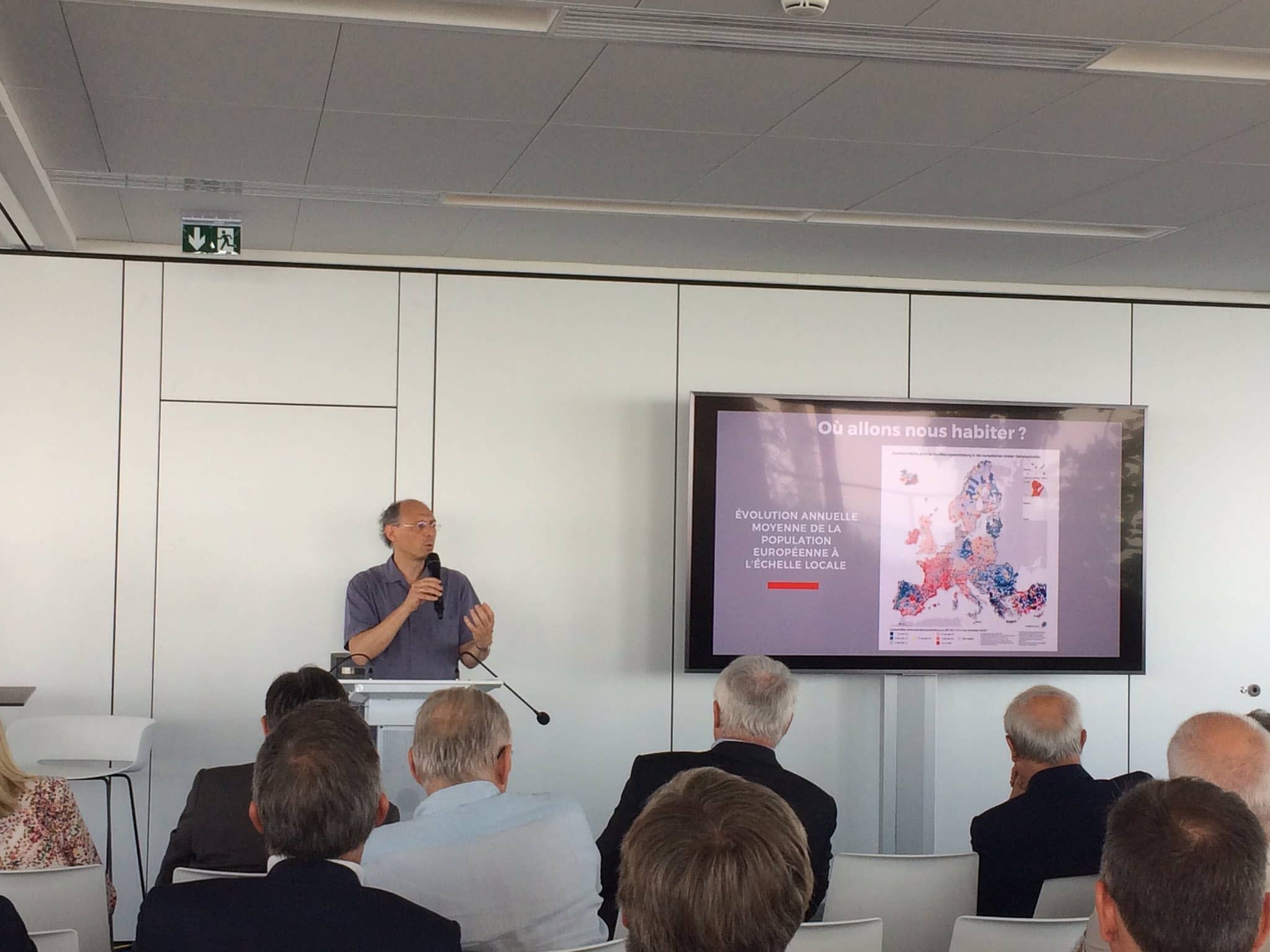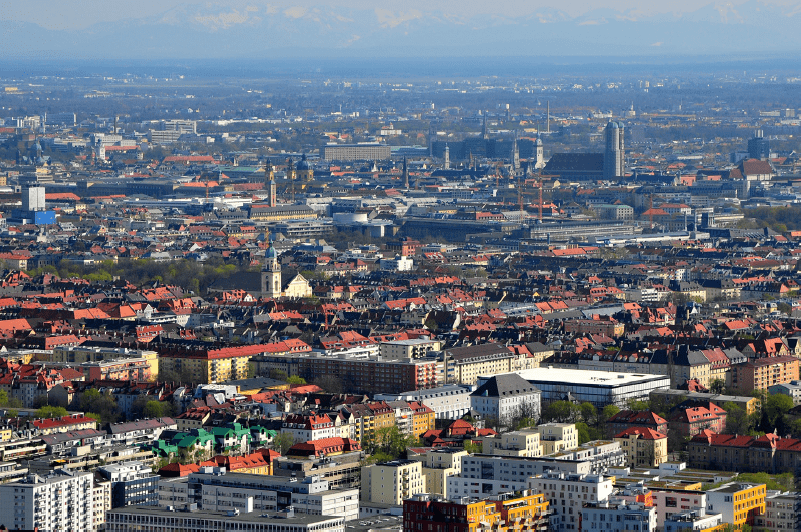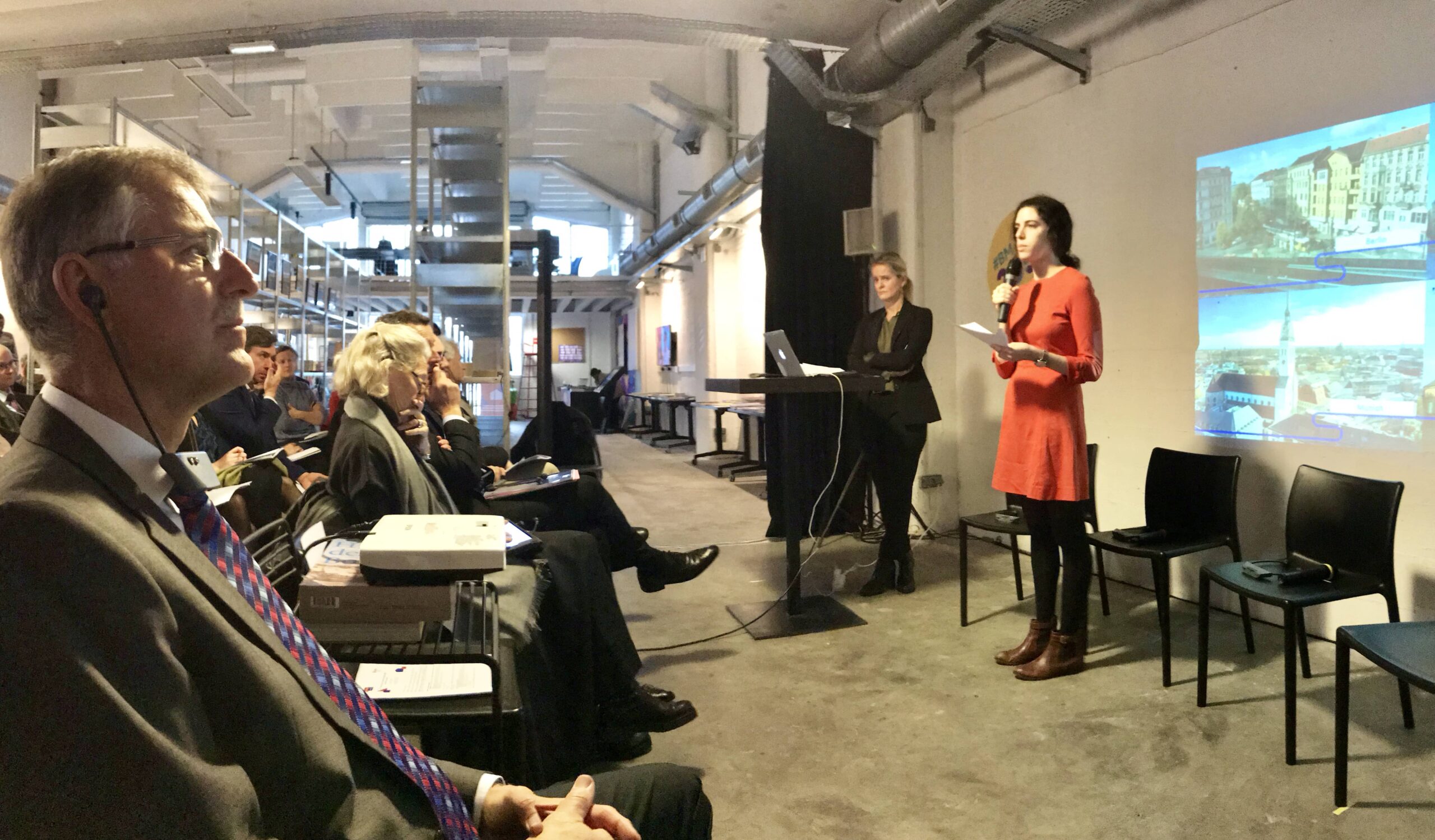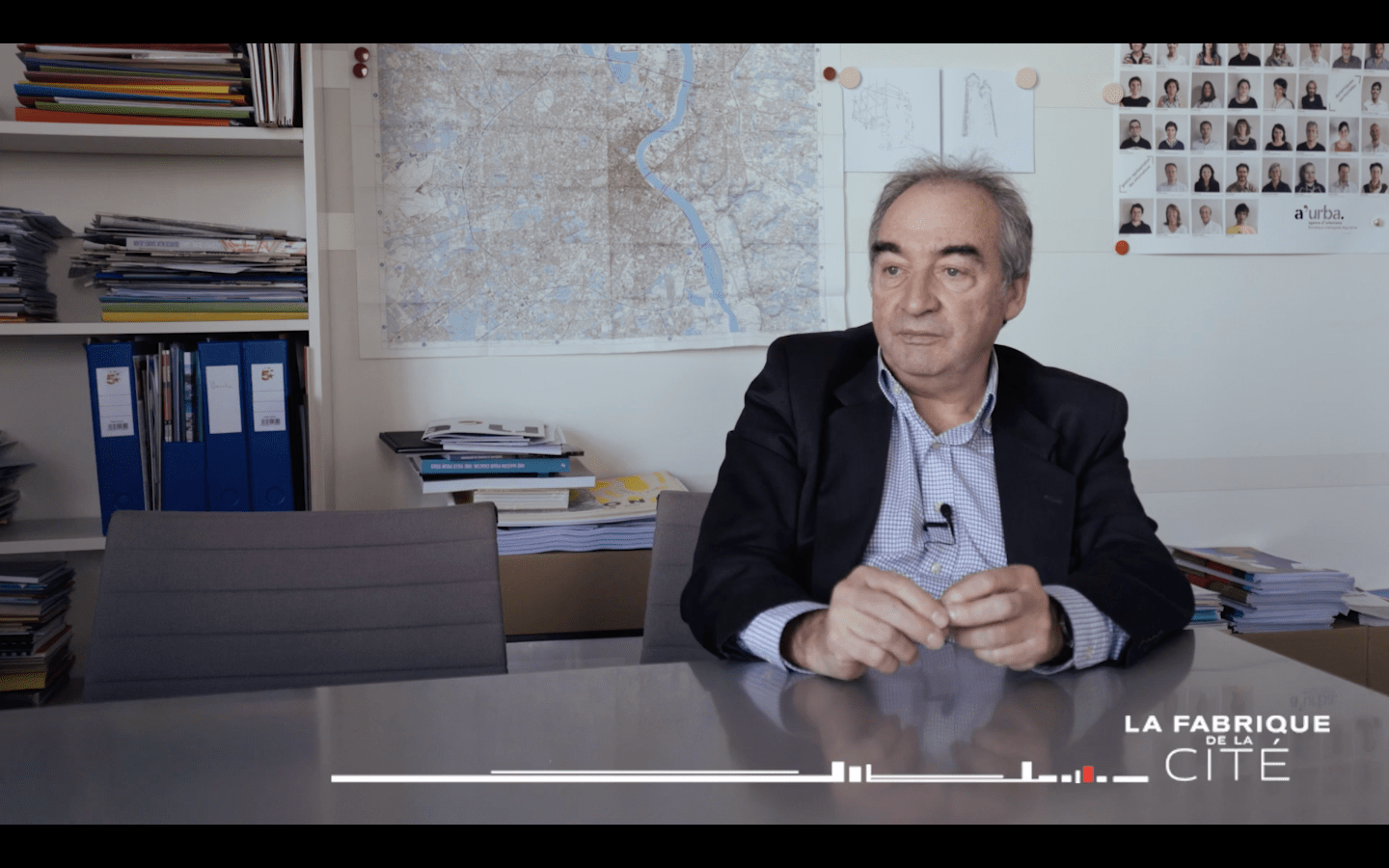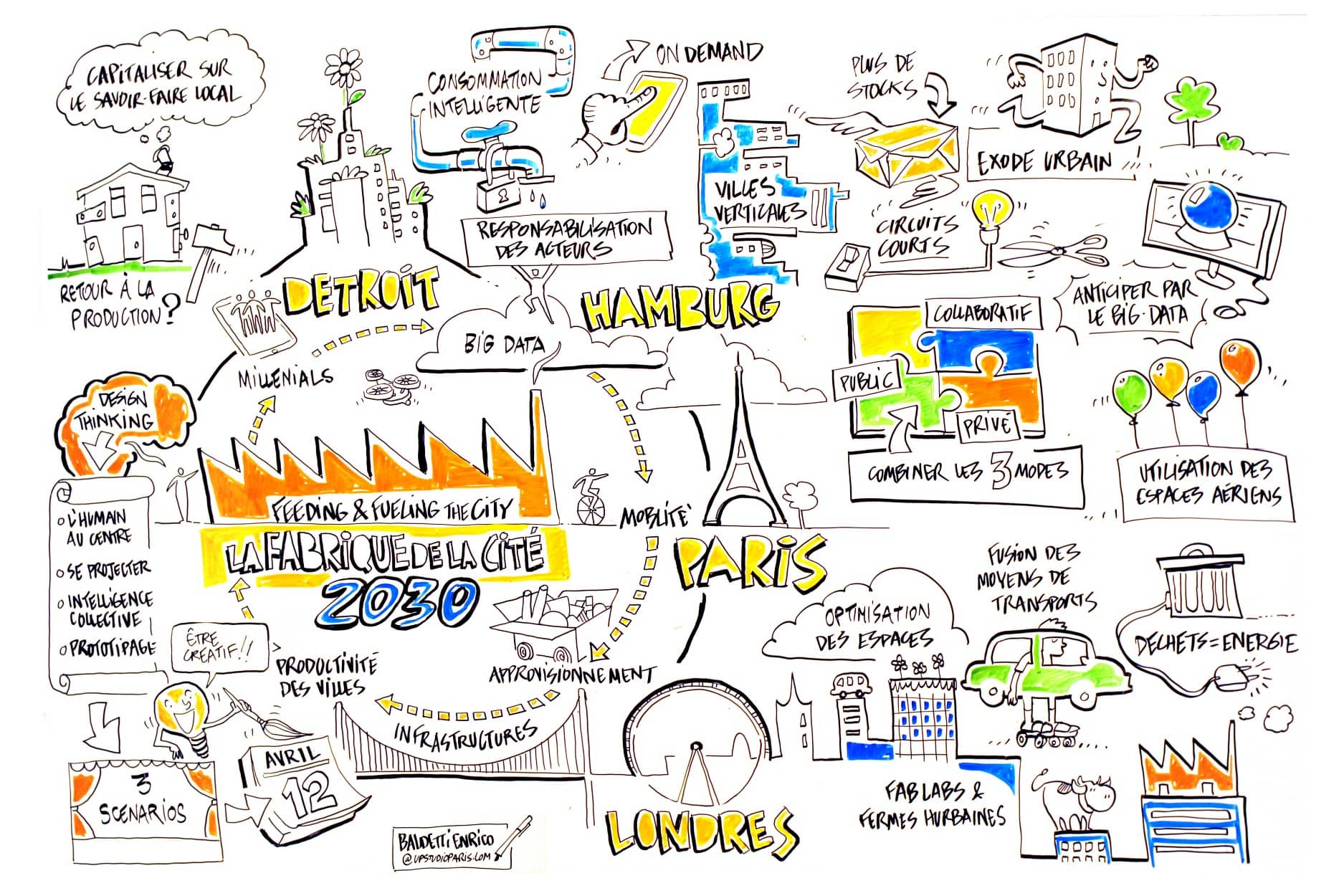

Rebalancing
Our recent work on mid-sized cities showed that many French people were ready to move to a mid-sized city… but also that employment remains the number one factor required to make this dream come true. A new report by the Institut Montaigne points to the profoundly unbalanced development of the French territory: “the fifteen largest metropolises concentrate 81% of economic growth while making up only 30% of the French population. The ‘scattered territories’, i.e., territories located outside the major metropolises, represent 70% of our country’s population and are experiencing stagnation or decline in their economic growth and even in their standard of living.” As the French statistical institute (INSEE) recently showed, job creation was concentrated between 2008 and 2017 in just ten very dynamic employment areas (Paris, Lyon, Toulouse, Bordeaux, Nantes, Lille, Montpellier, Aix-en-Provence, Rennes, and Saclay), all of which are metropolitan areas, while at the same time two-thirds of all areas lost jobs, mainly in small and mid-sized cities. However, some of those cities have proven to be particularly dynamic, such as La Teste-de-Buch, Libourne, Lamballe, Pornic, Brignoles, Draguignan, Bayonne, Manosque and La Roche-sur-Yon, confirming the coastalization of the French territory on its Atlantic and Mediterranean sides. This imbalance, one of the sharpest among OECD members, is found in other countries such as the United States, as shown by the concentration of employment growth in 95 dense metropolitan areas (+17% between 2010 and 2018), including the “super-cities” of New York, Chicago, San Francisco, and Seattle (+25%), mainly in the fields of innovation and technology.
While the issue of employment and economic recovery will become central in the coming months, how can the desire to live in a medium-sized city be reconciled with a geography of employment which has proven very inert? Will the rise of telecommuting allow for the creation of a gap that could boost local employment linked to the face-to-face economy? Will the recovery plan sufficiently support the economic fabric of mid-sized cities? Relying on a spontaneous dynamic, just like relying on support for the economic structure without adapting it to local disparities, will not be enough to reverse the trend. A new model of fine-tuned articulation between spatial planning at different scales and economic development is needed to create resilient local economic systems that are networked and alive.
Several courses of action have been identified: the deployment of broadband, a sine qua noncondition for remote work and for and connecting to global economic networks; the strengthening of transport infrastructure networks, because a territory is stronger when it gives access to other places and other employment areas, allowing inhabitants to feel that they are not locked in with no other choice; the development of cooperation between different local economic actors as well as between public and private actors to reinforce the network logic that has made the German model successful, based on a strong local anchorage. Several initiatives are already moving in this direction, as Dominique Mockly, CEO of Terega, a major French actor in gas transport and storage infrastructure, reminds us, referring to the “Territoires d’industrie” initiative in Lacq-Pau-Tarbes in the south of France: “We can see all the possibilities that are opened up by bringing together industrialists, […] with the emergence of very innovative projects in many fields, especially in this period when we have to reinvent ourselves. This is the case, for example, in aeronautics and the challenge that manufacturers must take up to manufacture less polluting planes. We can see to what extent, by federating local energies, we can release very important means and capacities.”
It is now necessary to design a more resilient territorial organisation that can respond to both environmental challenges and increasing socio-spatial inequalities. The context is favourable. The seeds of change are there, with mayors and local economic players committed to their territories and a population in search of a new type of quality of life. Companies and entrepreneurs considering settling down in mid-sized cities can be reassured, explains Emmanuel Rivière, Managing Director of the Public section at Kantar France: “they will have no trouble attracting talents. If there are jobs, there are many good reasons to come live there and bring your family.”
These other publications may also be of interest to you:
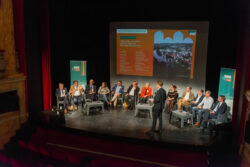
Back from Cahors
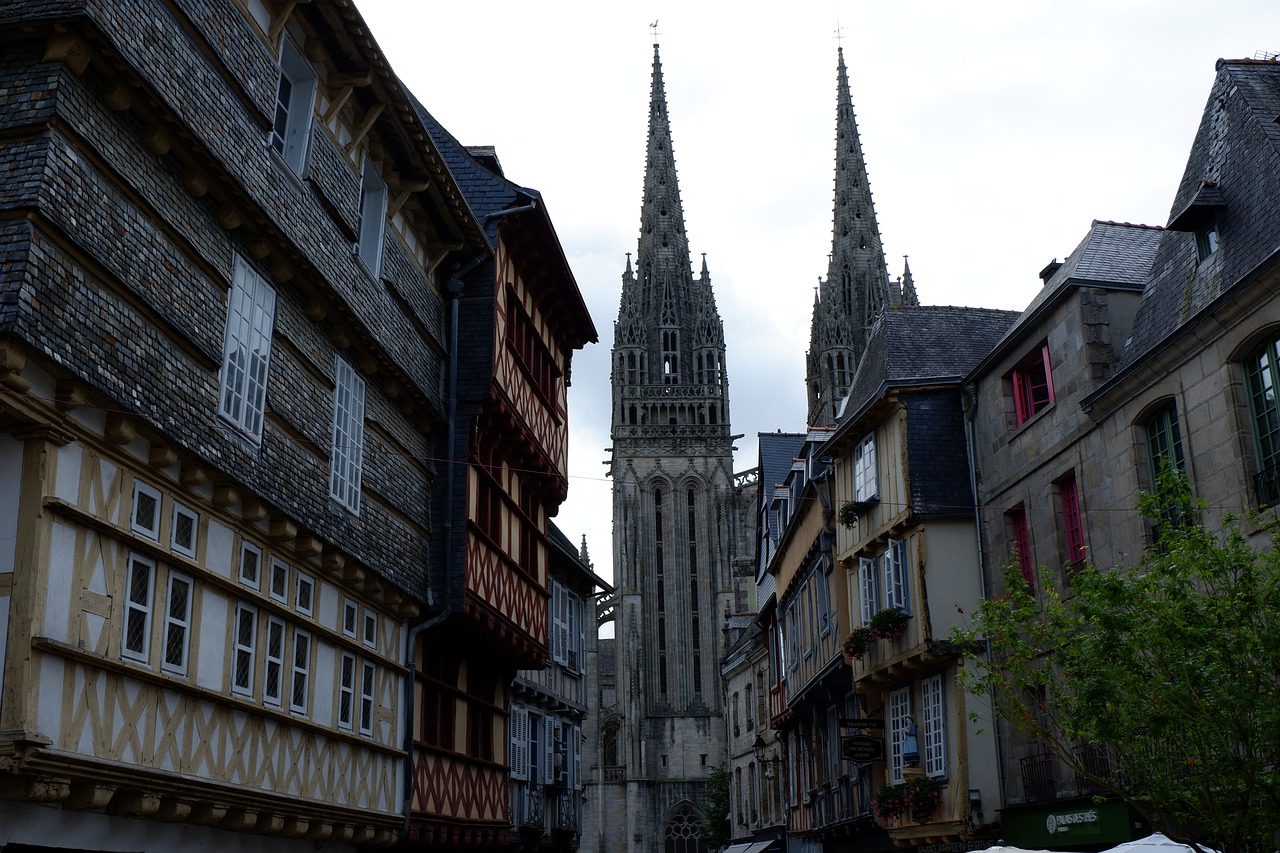
Size, Network and People

Inventing the future of urban highways
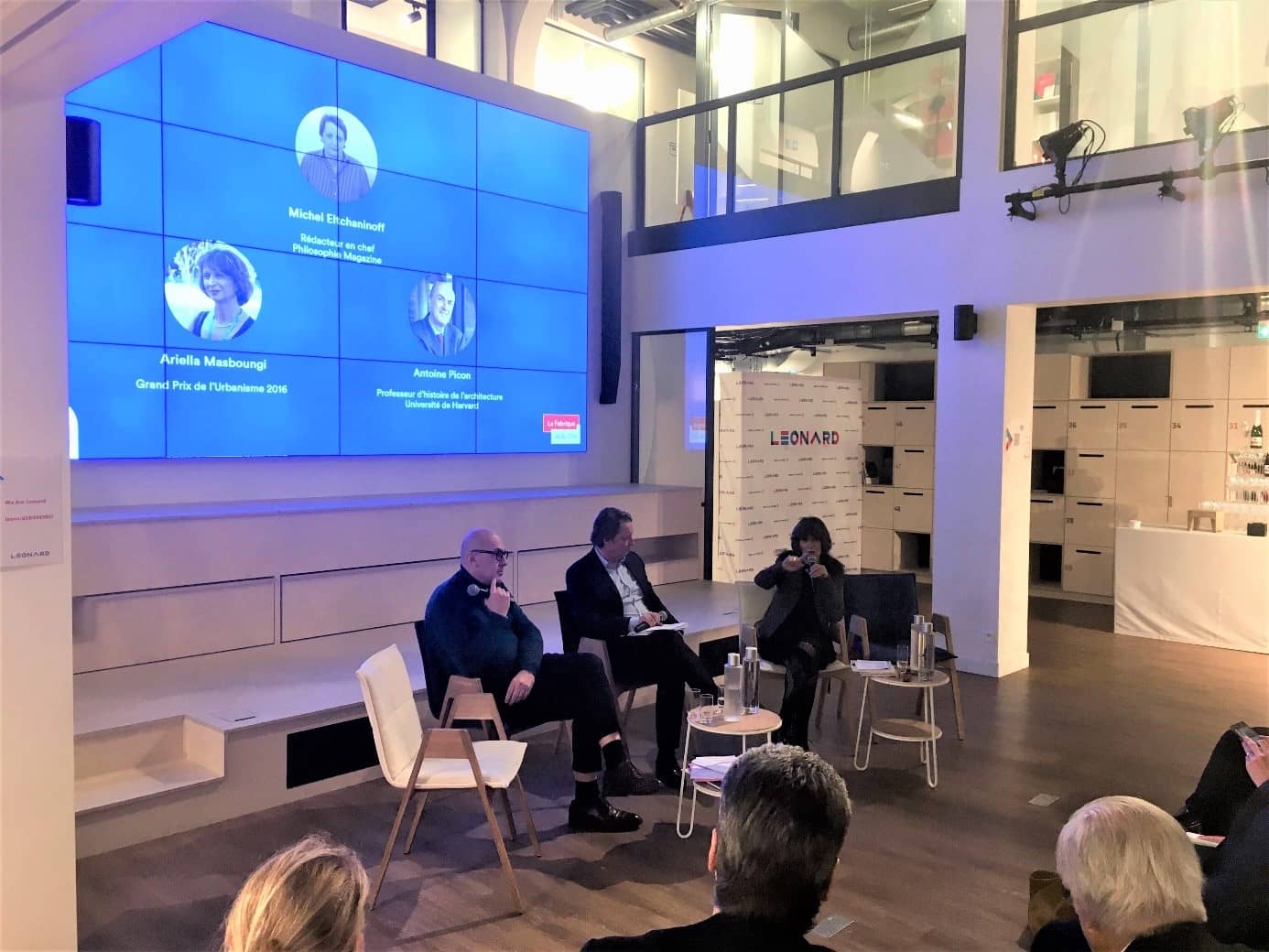
Spatial justice, managing the situation to enable development?
La Fabrique de la Cité
La Fabrique de la Cité is a think tank dedicated to urban foresight, created by the VINCI group, its sponsor, in 2010. La Fabrique de la Cité acts as a forum where urban stakeholders, whether French or international, collaborate to bring forth new ways of building and rebuilding cities.















